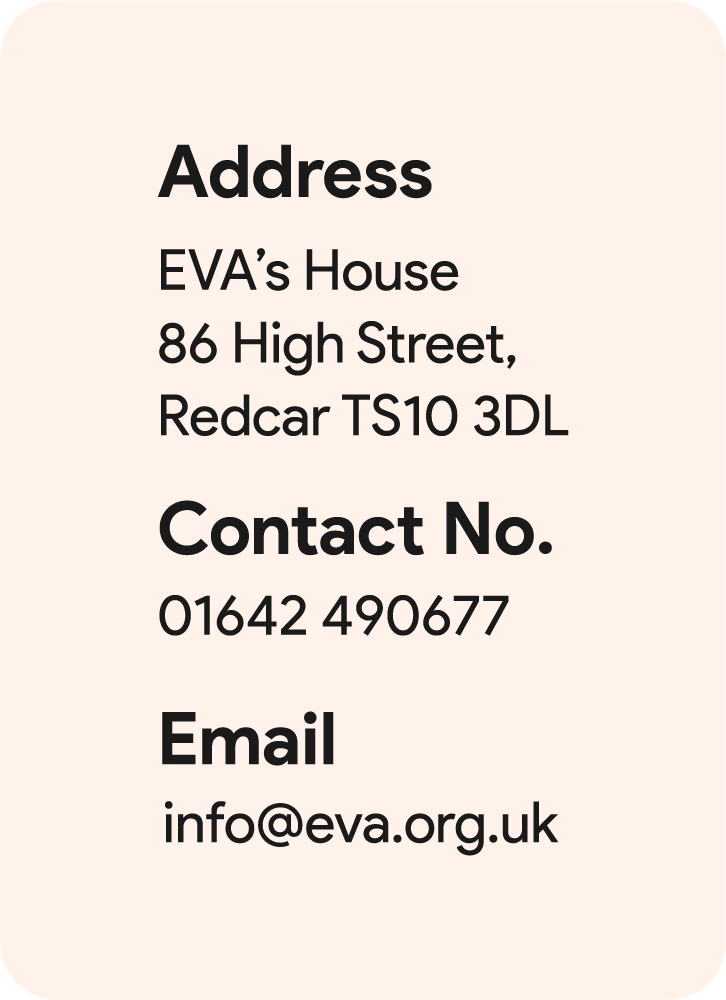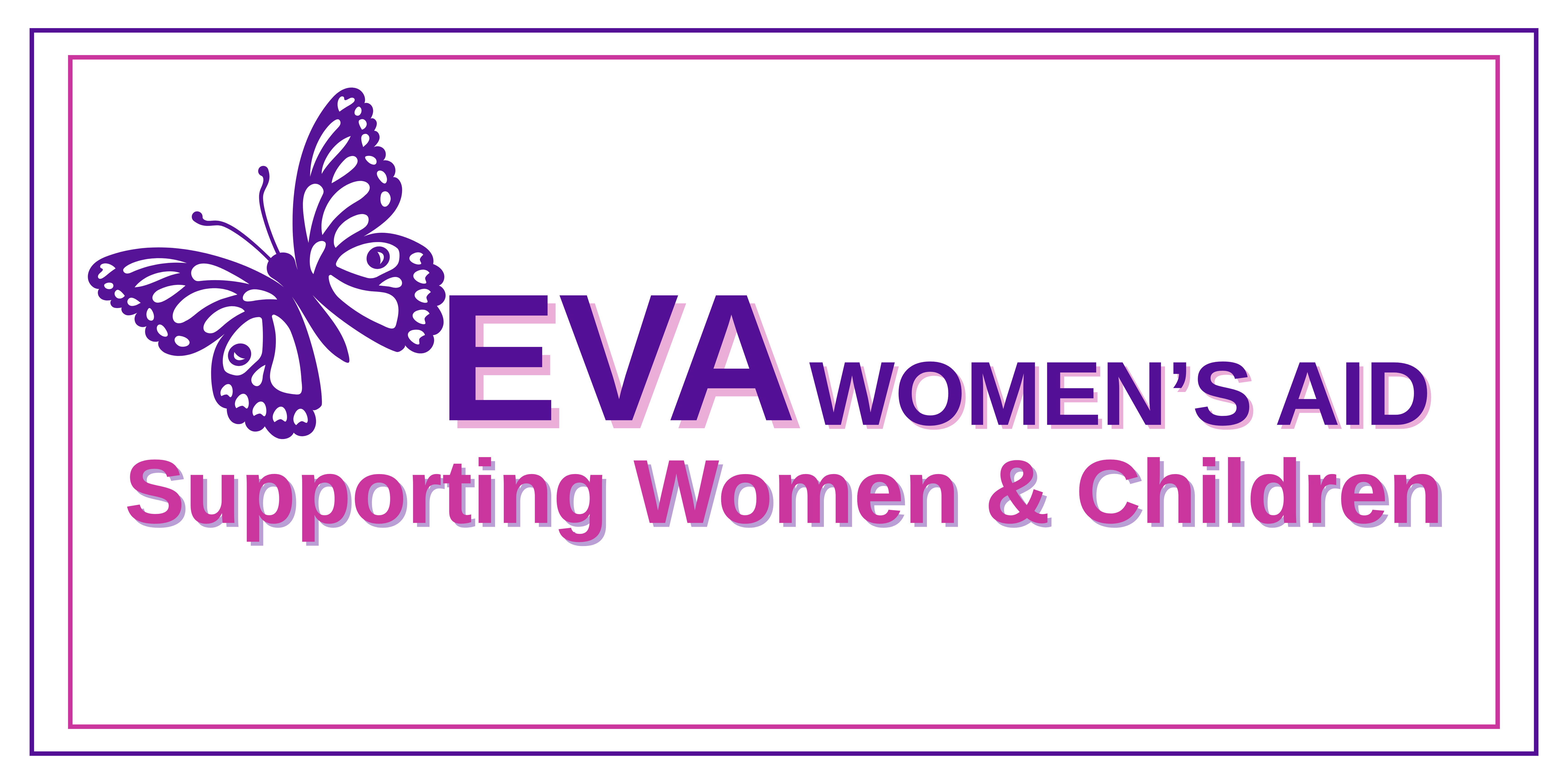Domestic Abuse and Young People
Domestic Abuse and Young People

Dating Abuse
Dating abuse is a pattern of coercive, intimidating, or manipulative behaviours aimed at exerting control over a partner. Even the first instance qualifies as abuse, but it typically unfolds through repeated actions.
It seeks to establish dominance and can lead victims to doubt their
self-worth, trapping them in the abusive relationship.
If your partner is...
- Accessing your phone, email, or social media accounts without your consent.
- Regularly belittling you, particularly in the presence of others.
- Isolating you from friends or family, whether physically, financially, or emotionally.
- Exhibiting extreme jealousy or insecurity.
- Showing sudden outbursts, temper issues, or mood fluctuations.
- Inflicting any type of physical harm.
- Demonstrating possessive or controlling tendencies.
- Pressuring you or forcing you to have sex.
Then you could be in an abusive or unhealthy relationship.
Not all relationships are healthy. You deserve one that is.
Always remember: abusive behaviour is a choice made by the perpetrator, and you are never to blame. You deserve to be treated with respect in a healthy and loving relationship.
The Relationship Spectrum
All relationships fall along a spectrum that ranges from healthy to abusive, with unhealthy relationships positioned in the middle. Take a look at the Relationship Spectrum and think about whether the behaviour in your relationships is healthy, unhealthy, or abusive to help you decide where your own relationship falls.
Evaluating your relationships using this spectrum can help clarify their nature. Being aware of warning signs can signal the presence of an abusive relationship.
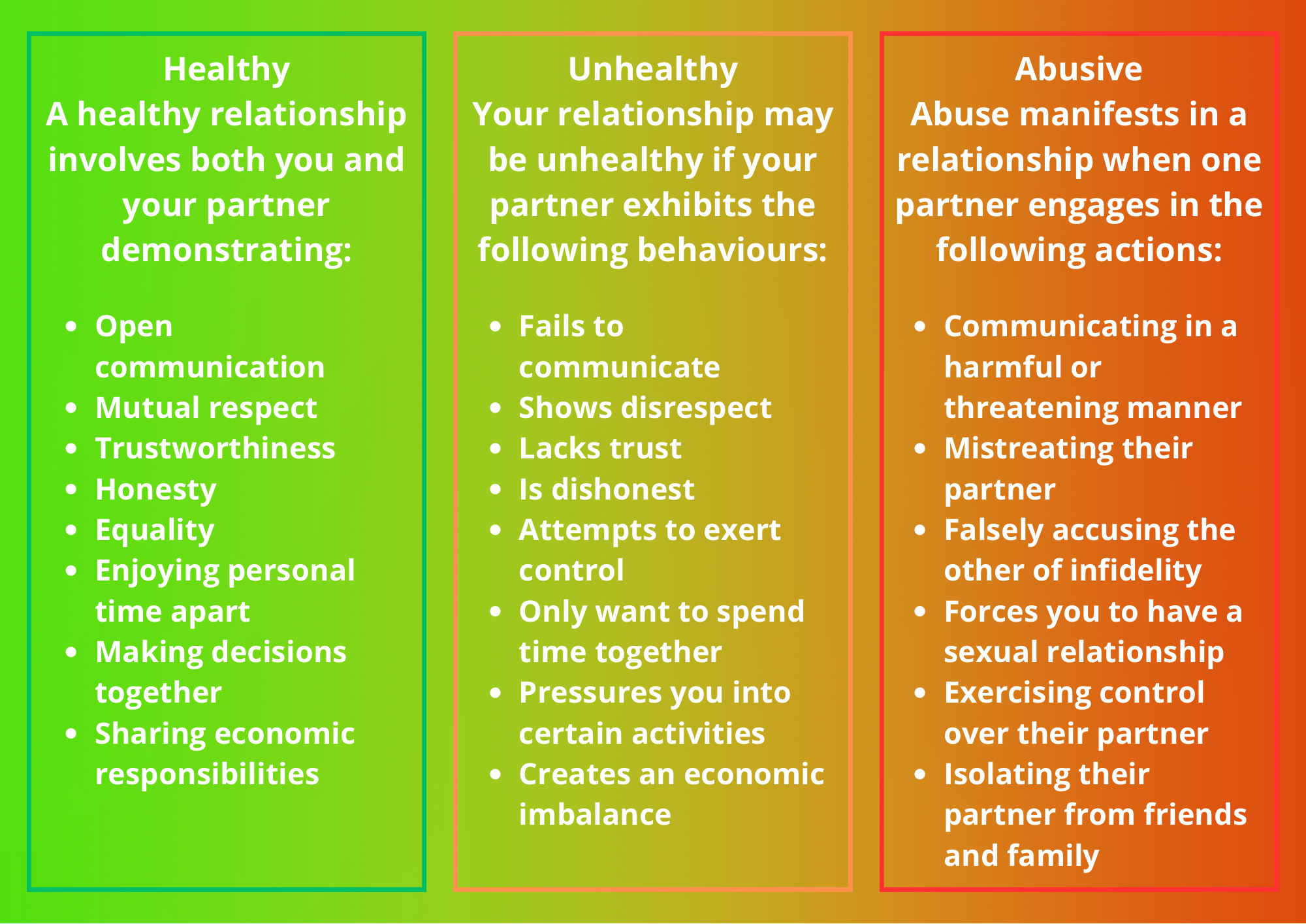
Consent Matters
In the UK, people must be over 16 to legally consent to sex.
The law says someone can’t consent if they are underage, intoxicated or incapacitated by drugs or alcohol, or asleep or unconscious. If someone agrees to an activity under pressure of intimidation or threat, that isn’t considered consent because it was not given freely.
All those involved must have the freedom and full capacity to make that decision. Engaging in a sexual act without the person’s consent is sexual violence, and is a criminal offence.
Put simply, consent is an ongoing mutual agreement between partners about what they want to experience.
Consent involves clear communication and a genuine, enthusiastic “yes.” Never assume consent; uncertainty or silence does not indicate consent. In passionate moments, ask questions like “Are you comfortable?” or “Do you want to continue?” to ensure mutual agreement.
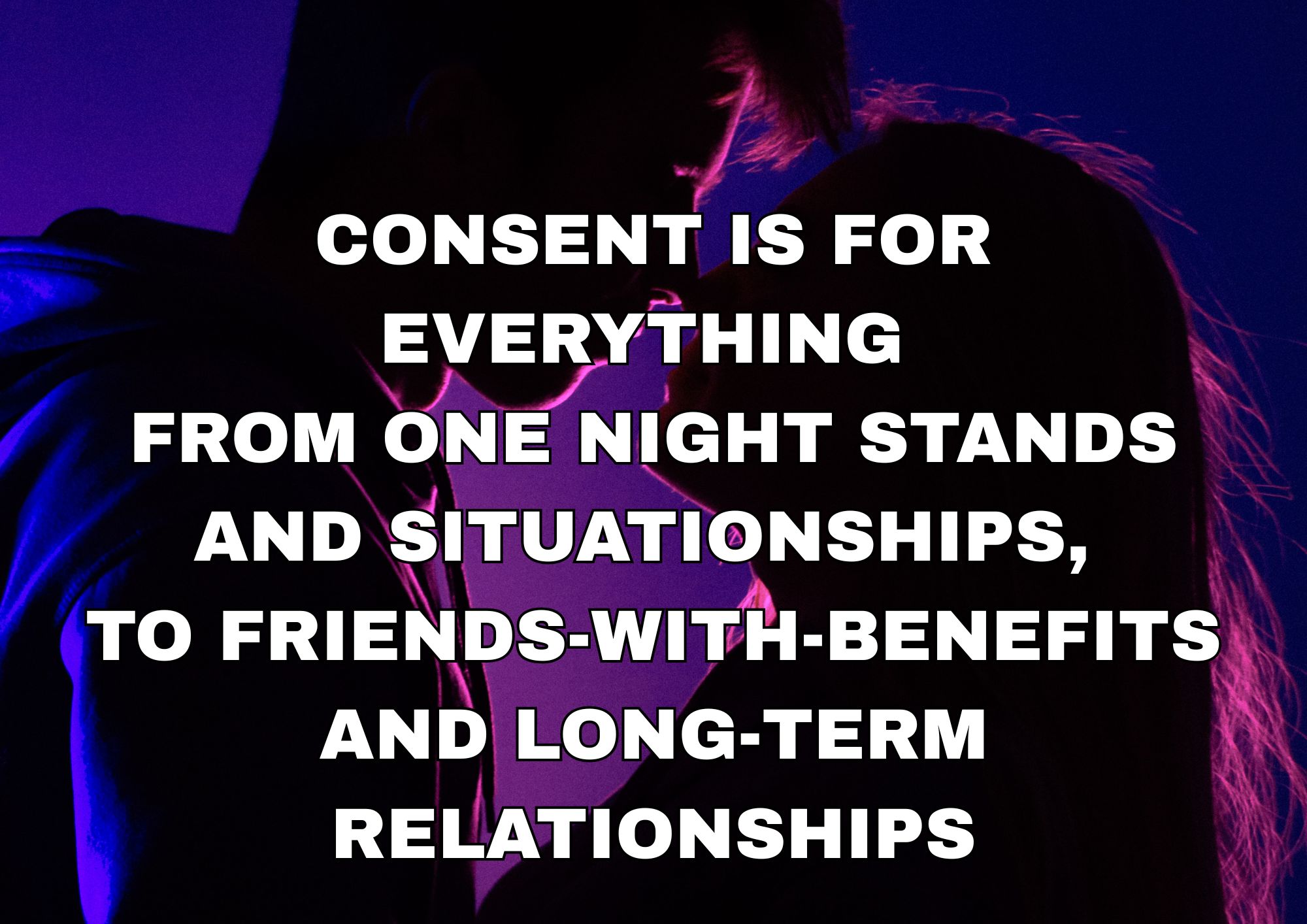
We all have the right to not want any kind of sexual activity...
for example, kissing, sexual touching or performing a sexual act. We also all have the right to change our minds at any time. Or to consent to doing one sexual thing with someone but not another.
Someone doesn’t have the freedom and capacity to agree to sexual activity by choice if:
- They are asleep or unconscious.
- They are drunk or ‘on’ drugs or they have been ‘spiked’.
- They are too young.
- They are being pressured, bullied, manipulated, tricked or scared into saying ‘yes’.
- The other person is using physical force against them.
If someone’s not sure whether you are giving your consent for something sexual, they should check with you. If they can see or suspect you’re not 100% comfortable or happy with what’s happening between you, they should stop.
Other Help and Support
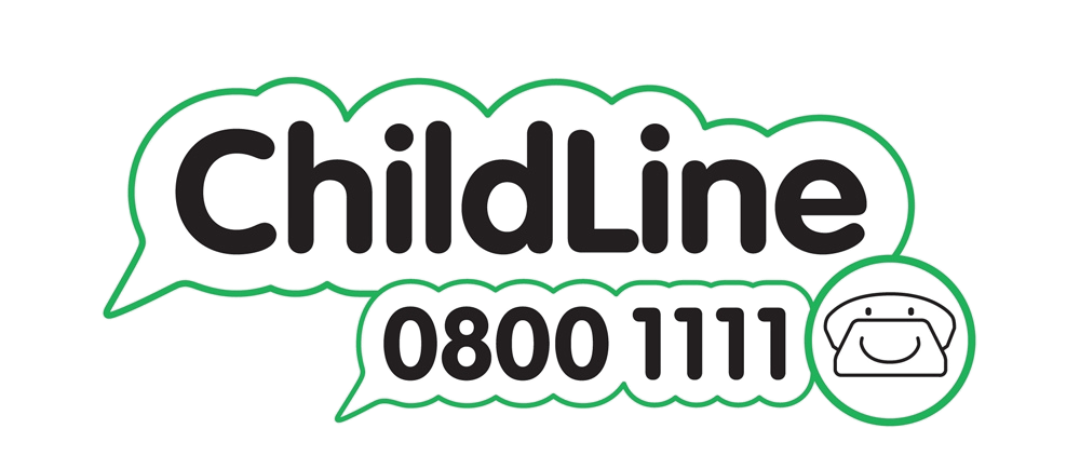
Childline Get help and advice about a wide range of issues, call us on 0800 1111, talk to a counsellor online, send Childline an email or post on the message boards.

Brook believes in a society where everyone is supported to live healthy lives, free from inequality and strengthened by fulfilling relationships.
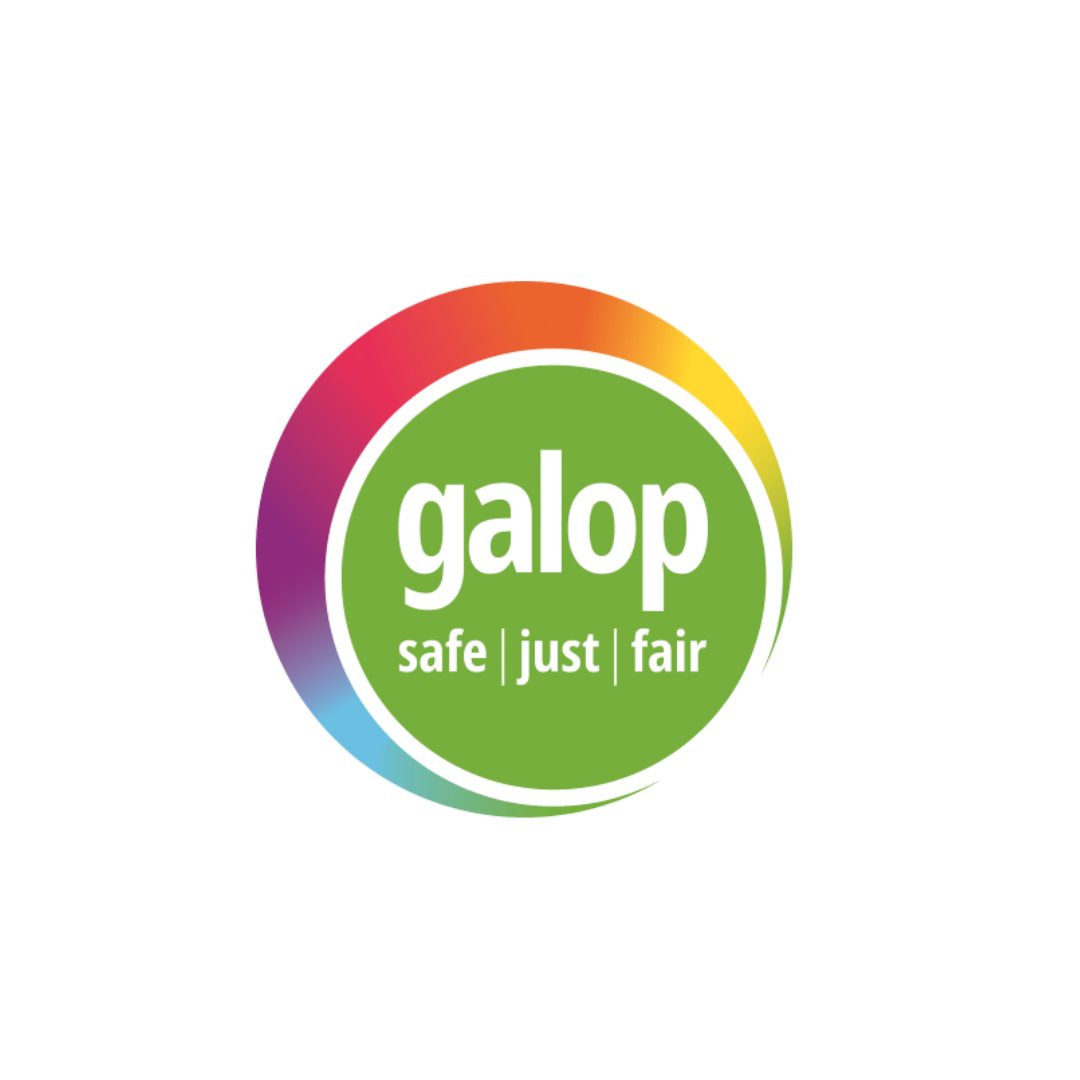
Galop has been working with LGBT+ victims and survivors of abuse and violence for more than 40 years.
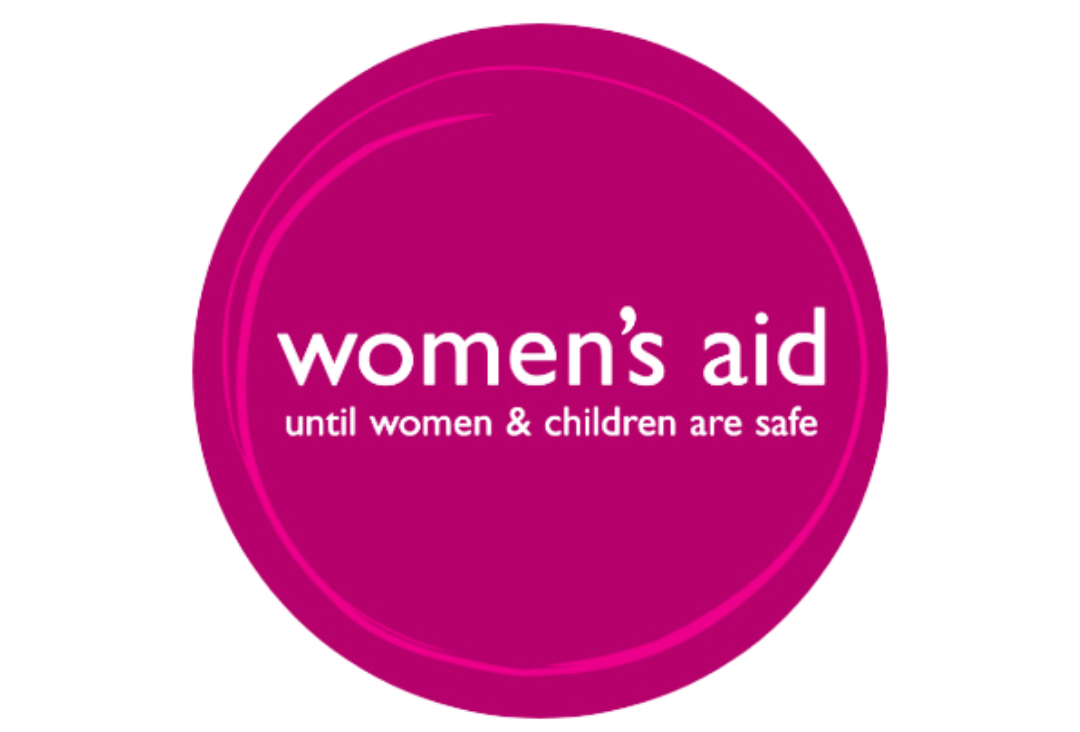
Women’s Aid is a grassroots federation working together to provide life-saving services and build a future where domestic violence is not tolerated.
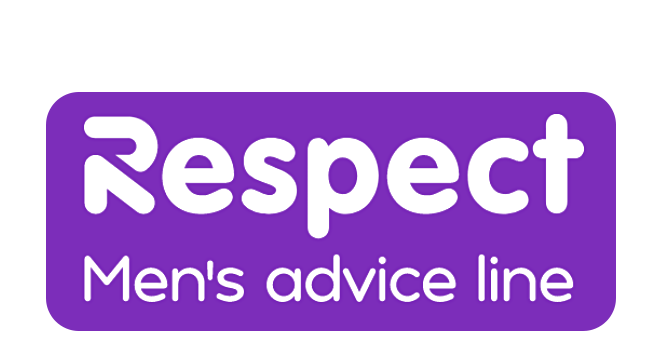
Respect Men’s Advice Line is a confidential helpline, email and webchat service for men who are experiencing or have experienced domestic abuse, and for those supporting them.
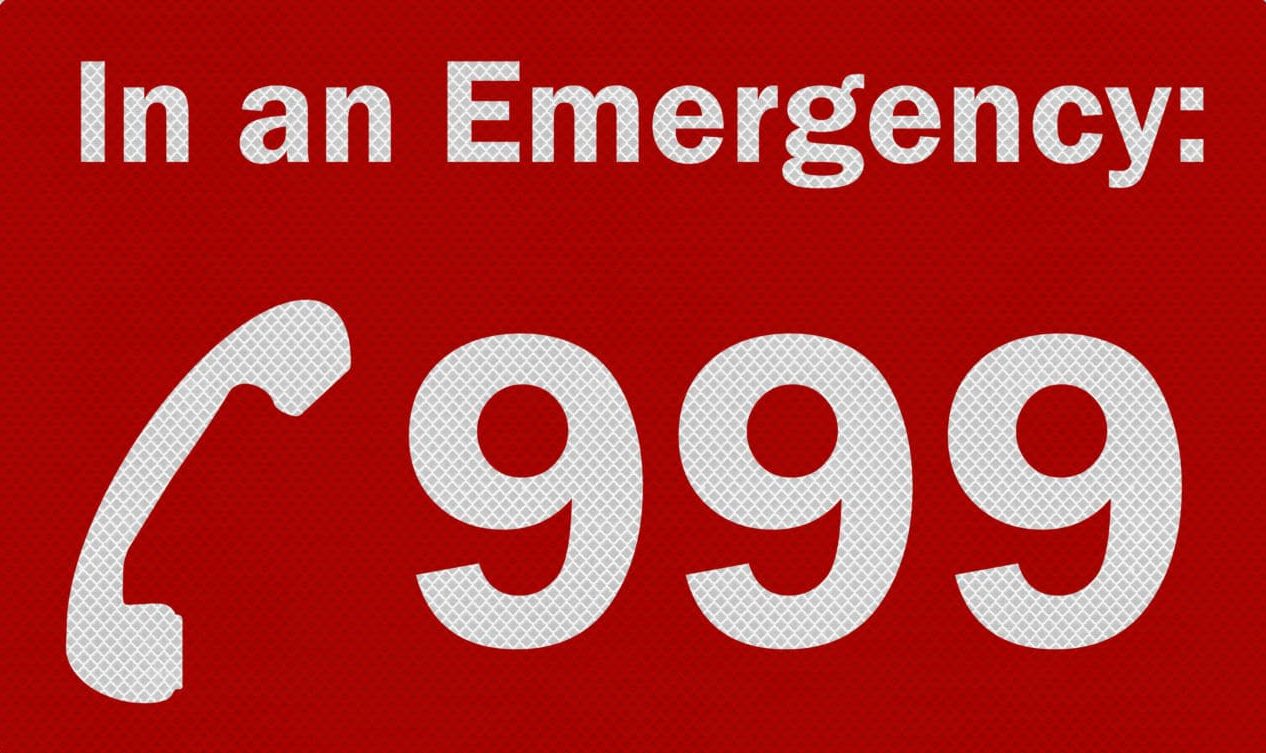
In an emergency or if you believe your life is in danger ALWAYS call 999

Dating Abuse
Dating abuse is a pattern of coercive, intimidating, or manipulative behaviours aimed at exerting control over a partner. Even the first instance qualifies as abuse, but it typically unfolds through repeated actions.
It seeks to establish dominance and can lead victims to doubt their
self-worth, trapping them in the abusive relationship.
If your partner is...
- Accessing your phone, email, or social media accounts without your consent.
- Regularly belittling you, particularly in the presence of others.
- Isolating you from friends or family, whether physically, financially, or emotionally.
- Exhibiting extreme jealousy or insecurity.
- Showing sudden outbursts, temper issues, or mood fluctuations.
- Inflicting any type of physical harm.
- Demonstrating possessive or controlling tendencies.
- Pressuring you or forcing you to have sex.
Then you could be in an abusive or unhealthy relationship.
Not all relationships are healthy. You deserve one that is.
Always remember: abusive behaviour is a choice made by the perpetrator, and you are never to blame. You deserve to be treated with respect in a healthy and loving relationship.
The Relationship Spectrum
All relationships fall along a spectrum that ranges from healthy to abusive, with unhealthy relationships positioned in the middle. Take a look at the Relationship Spectrum and think about whether the behaviour in your relationships is healthy, unhealthy, or abusive to help you decide where your own relationship falls.
Evaluating your relationships using this spectrum can help clarify their nature. Being aware of warning signs can signal the presence of an abusive relationship.

Consent Matters
In the UK, people must be over 16 to legally consent to sex.
The law says someone can’t consent if they are underage, intoxicated or incapacitated by drugs or alcohol, or asleep or unconscious. If someone agrees to an activity under pressure of intimidation or threat, that isn’t considered consent because it was not given freely.
All those involved must have the freedom and full capacity to make that decision. Engaging in a sexual act without the person’s consent is sexual violence, and is a criminal offence.
Put simply, consent is an ongoing mutual agreement between partners about what they want to experience.
Consent involves clear communication and a genuine, enthusiastic “yes.” Never assume consent; uncertainty or silence does not indicate consent. In passionate moments, ask questions like “Are you comfortable?” or “Do you want to continue?” to ensure mutual agreement.

We all have the right to not want any kind of sexual activity...
for example, kissing, sexual touching or performing a sexual act. We also all have the right to change our minds at any time. Or to consent to doing one sexual thing with someone but not another.
Someone doesn’t have the freedom and capacity to agree to sexual activity by choice if:
- They are asleep or unconscious.
- They are drunk or ‘on’ drugs or they have been ‘spiked’.
- They are too young.
- They are being pressured, bullied, manipulated, tricked or scared into saying ‘yes’.
- The other person is using physical force against them.
If someone’s not sure whether you are giving your consent for something sexual, they should check with you. If they can see or suspect you’re not 100% comfortable or happy with what’s happening between you, they should stop.
Other Help and Support

Childline Get help and advice about a wide range of issues, call us on 0800 1111, talk to a counsellor online, send Childline an email or post on the message boards.

Brook believes in a society where everyone is supported to live healthy lives, free from inequality and strengthened by fulfilling relationships.

Galop has been working with LGBT+ victims and survivors of abuse and violence for more than 40 years.

Women’s Aid is a grassroots federation working together to provide life-saving services and build a future where domestic violence is not tolerated.

Respect Men’s Advice Line is a confidential helpline, email and webchat service for men who are experiencing or have experienced domestic abuse, and for those supporting them.

In an emergency or if you believe your life is in danger ALWAYS call 999
Contact us

Address
EVA’s House
86 High Street,
Redcar TS10 3DL
Telephone
01642 490677
info@eva.org.uk
Contact us
